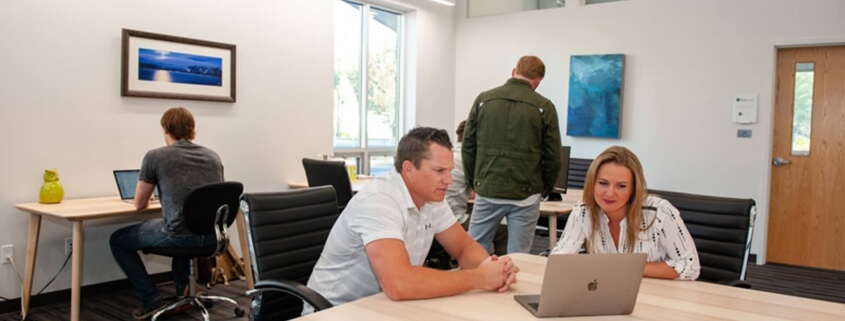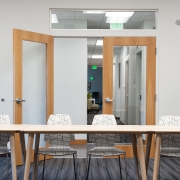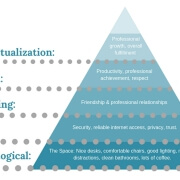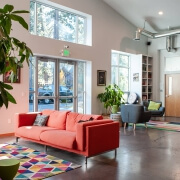Working Remote != Working from Home
I’ve been seeing a lot of twitter threads, blog posts, and discussions online recently about working remote. Anecdotally at least, it feels like the frequency of these discussions is increasing. That increase may be related to the increase in the number of workers that are able to engage in part or full time remote work. In the US today, 43% of the workforce either is, or can, work remotely.
During many of these discussions there is a digression that makes me cringe. A conversation about remote work turns into a discussion of working from home and all the pros and cons that come with the ability to wear yoga pants until noon, sitting close to your refrigerator, your dog, your kids, etc. Then come the statements about why certain companies don’t allow working from home, why some do, how to better deck out a home office, and so on.
Here’s the thing – working remotely does not mean working from home. There are lots of other options in practice: coffee shops, business centers, libraries, and the best alternative, coworking spaces.

(left) How people think you work when you say you are a remote worker versus how you actually do (right)
The prolific rise of coworking spaces means that a remote worker can still have all the benefits of a professional workspace even if it is not their own company HQ. Coworking spaces provide a traditional office environment in a completely distributed way. A remote worker that belongs to a coworking space can have the same routine as their non-remote colleagues: getting ready in the morning, a commute of some length, a nice work environment, regular working hours, and human interaction (usually around the coffee maker).
When a neighborhood coworking space is available, working from a home office becomes an option and not a requirement to work remotely. Coworking spaces are popping up everywhere, with over 30,000 expected to exist worldwide by 2022 with more than 5 million members. They are no longer a passing fad limited to major cities. I’ve worked with spaces in every size community imaginable, my own space being in a town of only 25,000 people. I want the default assumption about a remote worker to be someone working from a coworking space.
Do you run a coworking space and want it to run even better? Or, are you thinking about opening a coworking space? Either way, let us know!











